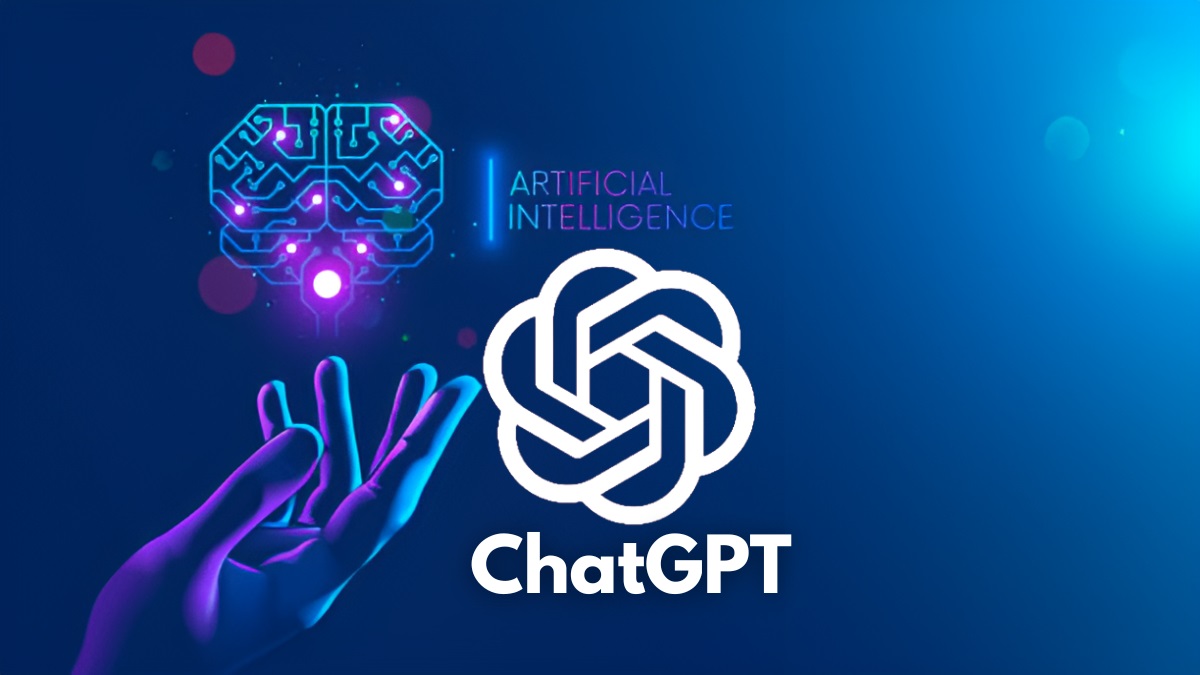
OpenAI, the tech giant backed by Microsoft, has recently unveiled a significant upgrade to its ChatGPT chatbot. This AI-powered marvel, previously limited to knowledge only up to September 2021, can now browse the internet to provide users with real-time information. This groundbreaking feature is poised to revolutionize the way people seek information online.
For some, the ability to ask ChatGPT about current affairs and access news is a game-changer. OpenAI plans to roll out this feature to all users in the near future, making it even more accessible. Moreover, OpenAI has tantalizingly hinted at another upcoming development: the chatbot’s capacity to engage in voice conversations with users.
ChatGPT and similar AI systems rely on vast datasets to generate lifelike responses, reshaping online information retrieval. Until now, however, ChatGPT’s knowledge had remained frozen in time, drawing solely from internet content as it stood in September 2021, rendering it unable to provide real-time updates.
This limitation frustrated potential users who needed current information. Tomas Chamorro-Premuzic, a business psychology professor at University College London, emphasized how ChatGPT’s newfound capability could transform information-seeking habits. However, he cautioned that relying solely on the chatbot could have pitfalls, particularly when it comes to verifying the accuracy of the information provided.
OpenAI’s decision to allow ChatGPT to browse the internet was not without its challenges. The cost of computing and the potential for misinformation were significant concerns. Additionally, privacy and ethical issues, particularly concerning copyrighted content, played a role in the decision-making process.
This monumental upgrade shines a spotlight on the AI sector’s ongoing dilemma. As AI systems gain more capabilities, they must navigate the fine line between usefulness and potential misuse. OpenAI’s journey with ChatGPT highlights the delicate balance between opening the floodgates of information and safeguarding against misinformation and ethical concerns.
In essence, ChatGPT’s newfound internet browsing abilities promise an exciting future for information retrieval, but they also raise important questions about responsibility and accuracy in the age of AI.








